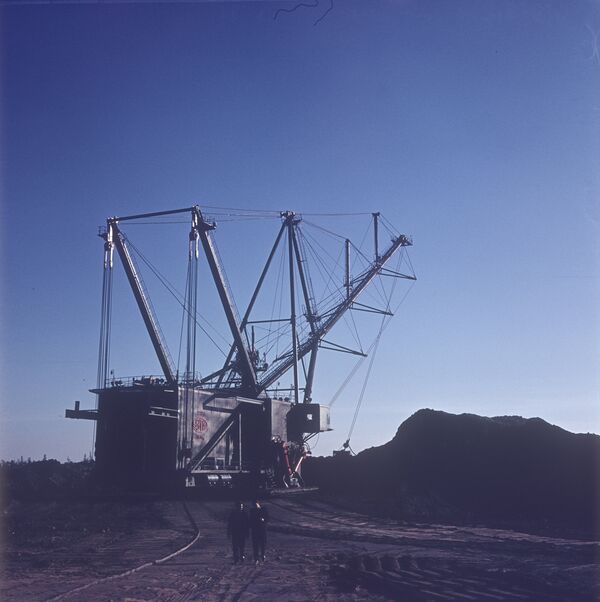MOSCOW, October 11 (Howard Amos, RIA Novosti) – Russia and Lebanon announced closer ties Thursday as four of Russia’s biggest energy companies jostle for deals to develop Lebanese gas fields in the Eastern Mediterranean which could draw them into a long-running territorial dispute with Israel.
Oil giant Rosneft, state-owned gas giant Gazprom, and privately-owned Novatek and LUKoil have all expressed interest in 10 hydrocarbon-rich blocks off the Lebanese coast for which Beirut is expected to award much-delayed licenses in early 2014.
At the end of a visit to Moscow, Lebanese Energy Minister Gebran Bassil said that Russia and Lebanon had signed a memorandum of understanding on cooperation in the energy sphere.
“It is the first step towards a complete relationship between Russia and Lebanon,” he told reporters Thursday, after meeting with Russian energy companies and investors.
“We have seen a real, authentic desire [to be involved in Lebanese gas field development],” he added.
Technically at war with Israel, Lebanon warned in July that Israel has the technical capacity to draw gas from Beirut’s offshore fields, Reuters reported. The two countries have turned to the United Nations in an attempt to resolve an ownership dispute over about 500 square kilometers along their Mediterranean maritime border.
A total of 46 companies, including US oil and gas majors ExxonMobil and Chevron, are taking part in the initial stages of the tender for the Lebanese gas fields. The interested companies have spent $127 million on requests for information from Beirut, Bassil said.
LUKoil was the first Russian company to announce its interest, just a few days after Russian President Vladimir Putin met with his Lebanese counterpart in Moscow on January 23.
Gazprom’s interest in the area is more longstanding, as it wants to bolster its access to its European customers. The Russian gas giant lost a key tender last year to take a stake in Israel’s giant Leviathan gas field, where production is expected to begin in 2016.
Lebanon is lagging behind other Eastern Mediterranean states, including Israel and Turkey, in developing its offshore energy reserves. Decision-making is currently hamstrung by a domestic political impasse, and the license-granting process has already been delayed several times.
It may be difficult for Beirut to award the contracts solely to Russian companies, and it is more likely that licenses will be granted to consortiums from a variety of countries that could include both the US and Russia, Ildar Davletshin, oil and gas analyst at Renaissance Capital in Moscow, told RIA Novosti Thursday.
“Politically, it’s a very sensitive area, and just relying on Russian companies might be too risky,” he said.


